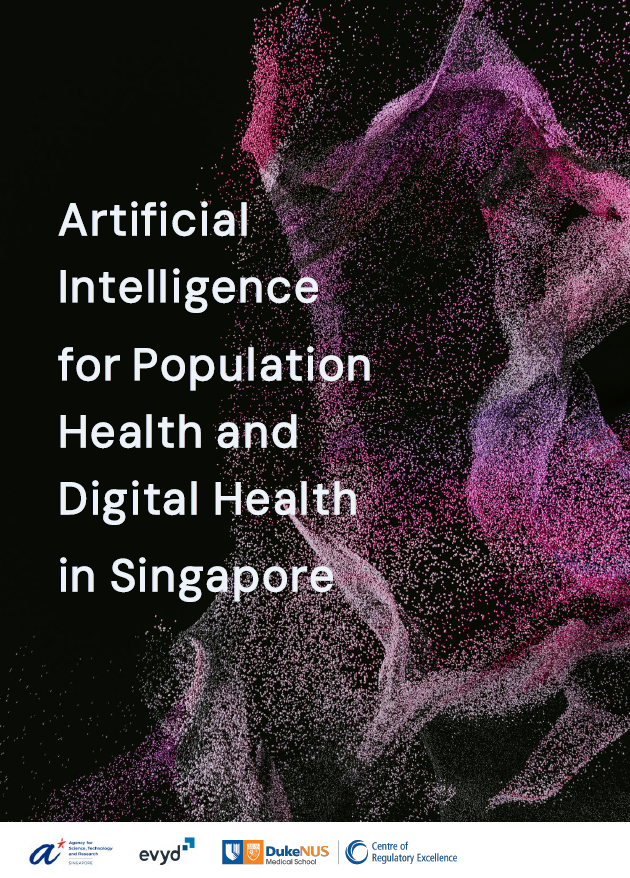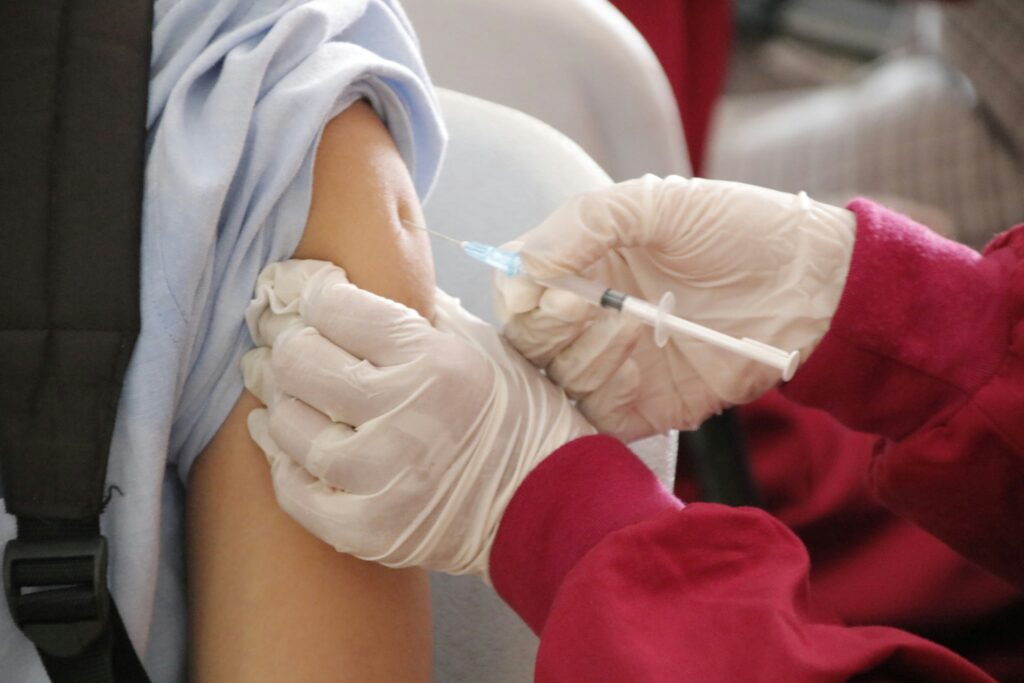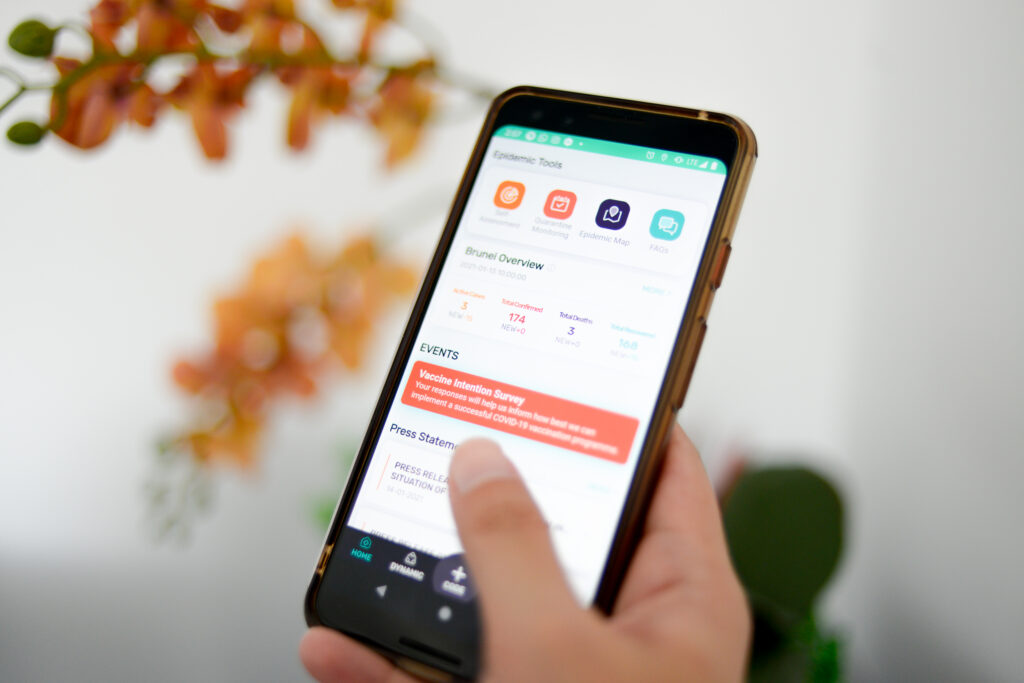
Understand the real-world impact of our solutions
Discover the latest insights and knowledge that are shaping the future of healthcare.
Explore how artificial intelligence and big data are revolutionizing health outcomes. Understand how cutting-edge technology and innovation work hand in hand to push the boundaries of healthcare.

White Paper: Artificial Intelligence for Population Health and Digital Health in Singapore
As Singapore's healthcare landscape continues to evolve, harnessing AI to tackle unique population health challenges has become increasingly crucial. The A*STAR-EVYD Joint Lab is leading this effort through our recent collaboration with Duke-NUS Centre of Regulatory Excellence in publishing a white paper exploring the use of Artificial Intelligence for Population Health and Digital Health. This is our commitment towards leveraging AI for improved public health outcomes, enhanced patient care, and advancements in healthcare, both locally and globally.

Technology-assisted adaptive recruitment strategy for a large nation-wide COVID-19 vaccine immunogenicity study in Brunei
The Bruneian study evaluated the effectiveness of various COVID-19 vaccine brands and aimed to understand how well these vaccines worked to protect people against COVID-19 by examining antibodies. Over five weeks, 2,712 participants were recruited to be part of the study. EVYDResearch, our dedicated research platform, was used to select participants based on age, gender, and vaccine type. Our digital tools helped gather data quickly and adaptive approaches to recruitment were used to improve participation rates.

Immunogenicity of COVID-19 vaccines and levels of SARS-CoV-2 neutralizing antibody in the Bruneian population: Protocol for a national longitudinal study
Neutralising antibodies (NAbs) have been shown to be correlated to immune protection against SARS-CoV-2. This paper reports the protocol for a national longitudinal study to assess and compare the level of NAbs generated in response to COVID-19 vaccines in Brunei Darussalam in adults 2-6 weeks post-primary series (BBIBP-CorV, AZD1222, or mRNA-1273 vaccines) and their subsequent follow-up after administration of a third (booster-1) dose (BBIBP-CorV, mRNA-1273, or BNT162b2).

Development and Exploration of the Effectiveness and Feasibility of a Digital Intervention for Type 2 Diabetes Mellitus (DEsireD): Protocol for a Clinical Nonrandomised Pilot Trial in Brunei Darussalam
The prevalence of type 2 diabetes mellitus (T2DM) is increasing worldwide. Digital interventions that incorporate the use of mobile phones and wearables are gaining in popularity. A combination of a digital intervention with support from professional management can enhance users' self-efficacy better than digital intervention alone and provide better accessibility to lifestyle interventions. However, there are limited studies exploring the feasibility and efficacy of applying a digital intervention in Muslim-majority countries, and none have been conducted in Brunei Darussalam. The study aimed to determine the effectiveness and feasibility of a proposed 16-week digital intervention program for T2DM self-management and to guide the rollout of a mobile app as part of a population health solution for adults with T2DM in Brunei.



















